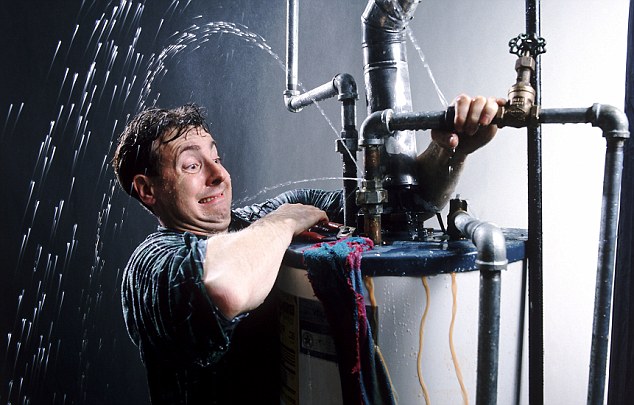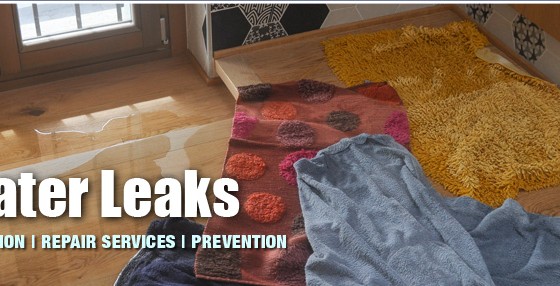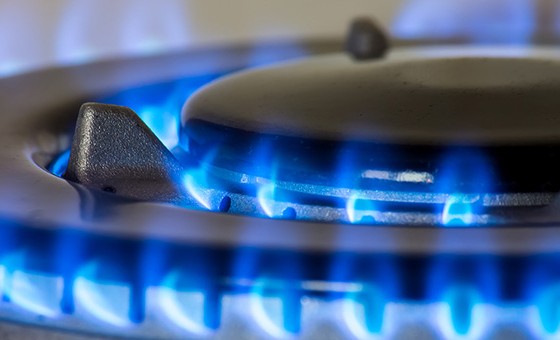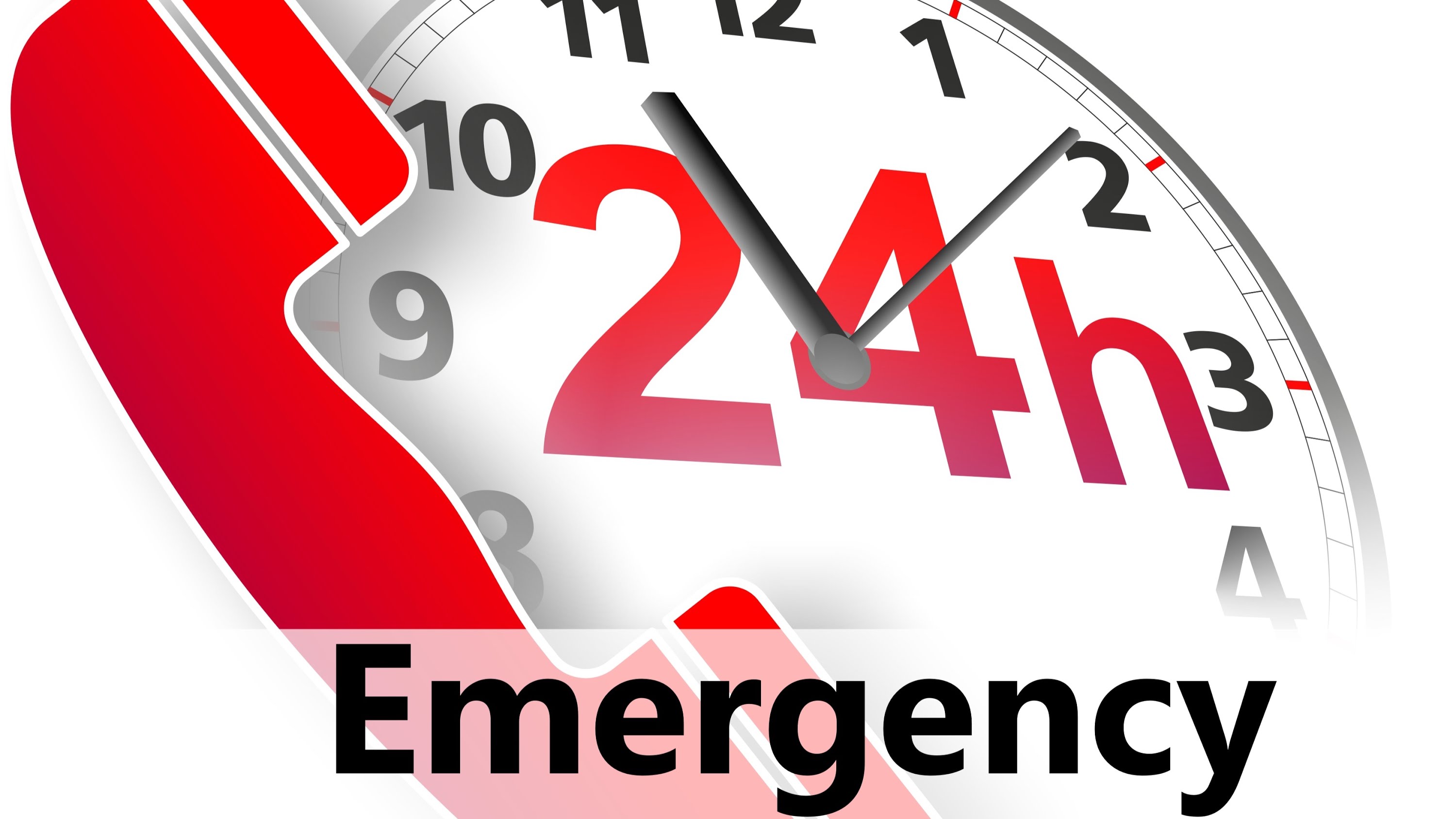Water is life, thus the importance of water lines and fixtures that connect homes, hospitals, and other amenities. Water alone cannot make our lives comfortable, hence the need for gas. Again, the two must go hand in hand and this calls for organized and meticulous fixing to harmonize them. Now comes in a plumber; who harmonizes the two, making our lives better and comfortable. A plumber is a skilled person who does installation, inspection, maintenance, and repair all plumbing fixtures for gas, water, sewage, fire, oil, and refrigeration and related plumbing systems in residential, commercial and developed buildings
What exactly does a plumber do?
Commercial plumbing is a learned trade skill that involves installation and maintenance of system pipes, valves, fittings, drains and fixtures that dispense drinking water in a premise, heating/gas, and drainage. A plumber, therefore, is a very important person when it comes to safety and order in any setup, as far as living is concerned. You can imagine how dangerous and haphazard it can be when gas accidently mixes with water, or a leaking drainage muddles up with drinking water. Poor plumbing is a recipe for disaster and a life threat to the human race. Old a worn out pipes are supposed to be replaced by a professional plumber immediately they are detected to avoid leakage and accidents.
The incumbent maintains and troubleshoots any problem be it from the valves, pipe fittings or pipes. His work is to inspect related fixtures and components before trouble shoots up. He is well conversant with specifications and requirements in regard to system installation and, therefore, complies with relevant building safety codes and regulations for optimum safety. A professional plumber also is cost sensitive and understands the repercussion of short cuts that finally becomes long cut, therefore he is keen on materials used for plumbing, maintains and services tools and equipment used for installation.
Other areas of importance include safety and replacement of components such as gaskets, filters, and washers. Through thorough inspections of pumps, boiler systems, valves, including those that are used in swimming pools, safety is guaranteed. You cannot imagine what would happen if a valve or a swimming pool pump malfunction, while the children are swimming! Frequent checks on a boiler system to assure users of safety, otherwise, burns and scalds will occur.
A plumber in some instants is also responsible for chemical treatment controls for the swimming pool and regulation of water in addition to inspecting and testing fire sprinkler systems where booster pumps are concerned. In general, he is the master behind system automation in water and gas and adheres to plumbing code prerequisites. He is a physical worker who is skillfully able to operate in calmness in the case of emergency and able to follow plans and blueprints appropriate to the commercial plumbing trade.
A plumber can help in water and gas line leak detection and repair through his gained skills and knowledge of materials, equipment and tools used in detecting gas leakage, and taking safety precautions. Due to his nature of work, he is able to withstand harsh conditions, handle hazardous materials and put up with exposure to electrical and other environmental exposure.
How does a plumber work?
The Plumber studies and analyzes blueprints, drawings and specifications of a ground to find out the layout of plumbing systems, waste and drainage systems, and water supply networks. He then plans, installs, service fixtures, maintain the plumbing systems, piping equipment, and controls. The piping systems are then to transport hot water or liquids, waste, and gasses. By providing satisfactory services, he ensures that all water supply networks, gas, and waste drainage systems are accurately installed, faultless and maintained to meet every standard of building codes and safety.
Area of specifications
Installation of support and hangers for pipe, fixtures, and equipment, Assembling, and mounting of valves and fittings, installation, repair, care and maintenance of underground sanitary and water piping systems, maintenance of sinks, tubs and toilets, water heaters and conditioners. Electrical appliances and testing pipe systems and fixtures for leaks
Advantages of hiring a plumber
Safety-A professional plumber who holds a license from commercial plumbing service has the required training, experience, and knowledge on all reconstruction and installation safety measures. They have gone through a vigorous training both in the field and in theory that you can rest assured of a professional service.
Experienced -For one to be licensed, he must have had a period of hands-on experience. Having passed numerous tests both in the classroom and in the field means they have obtained the necessary experience to be trusted.
Shielded -By hiring a licensed plumber, you are guaranteed of optimum legal and financial standards. No fear that you will hire a criminal since they have been scrutinized by authority. They are trusted, uphold work ethics, are friendly, and have excellent communication skills.
Guarantee- there is a guarantee of work done and ‘after sale service’ in the case of any dispute that may arise afterwards, you are assured that your insurance will not have you to blame for hiring a crook. Nothing pains like money wasted on a useless project.
Peace of mind- Nothing gives pleasure than knowing that wherever you are, you are safe. Nothing scares like screaming sirens of fire, ambulance, not to mention the sight of blood. But with a secured premise where no gas is leaking, no leaking water, no fear of falls and burns, once rests peacefully.
A professional plumber acts like a faithful caretaker, who will become careful at the slightest sign of a disruption. He will detect trouble even before it crop up. You don’t have to smell smoke before you see a fire. Secure your home, shield yourself and arm yourself with a guarantee for your money by hiring skilled commercial plumbing service provider. Avoid spills that may lead to injuries, a clogged drainage system that can bring infections, rats, flies and diseases, and worst of all, a gas leak that can bring the whole town down, through fire. Prevention is better than cure, and a stitch in time saves nine.




